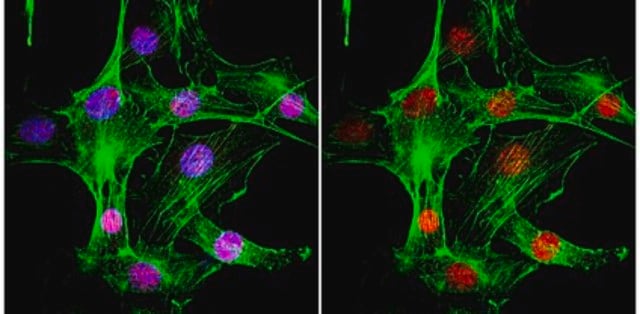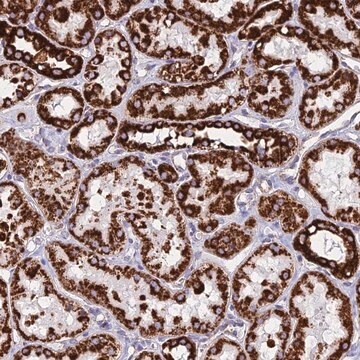SAB2700181
Anti-NS3 antibody produced in rabbit
affinity isolated antibody, buffered aqueous solution
Sinónimos:
Dengue virus 2 Nonstructural protein NS3, Non-structure protein 3
About This Item
Productos recomendados
biological source
rabbit
Quality Level
conjugate
unconjugated
antibody form
affinity isolated antibody
antibody product type
primary antibodies
clone
polyclonal
form
buffered aqueous solution
species reactivity
Dengue virus
technique(s)
flow cytometry: suitable
immunofluorescence: suitable
immunohistochemistry: suitable
western blot: 500-3000
NCBI accession no.
shipped in
wet ice
storage temp.
−20°C
General description
Immunogen
Application
Anti-NS3 antibody produced in rabbit has been used in flow cytometry.
Biochem/physiol Actions
Features and Benefits
Physical form
Disclaimer
¿No encuentra el producto adecuado?
Pruebe nuestro Herramienta de selección de productos.
signalword
Warning
hcodes
Hazard Classifications
Aquatic Chronic 3 - Skin Sens. 1
Storage Class
12 - Non Combustible Liquids
wgk_germany
WGK 2
flash_point_f
Not applicable
flash_point_c
Not applicable
Certificados de análisis (COA)
Busque Certificados de análisis (COA) introduciendo el número de lote del producto. Los números de lote se encuentran en la etiqueta del producto después de las palabras «Lot» o «Batch»
¿Ya tiene este producto?
Encuentre la documentación para los productos que ha comprado recientemente en la Biblioteca de documentos.
Nuestro equipo de científicos tiene experiencia en todas las áreas de investigación: Ciencias de la vida, Ciencia de los materiales, Síntesis química, Cromatografía, Analítica y muchas otras.
Póngase en contacto con el Servicio técnico









